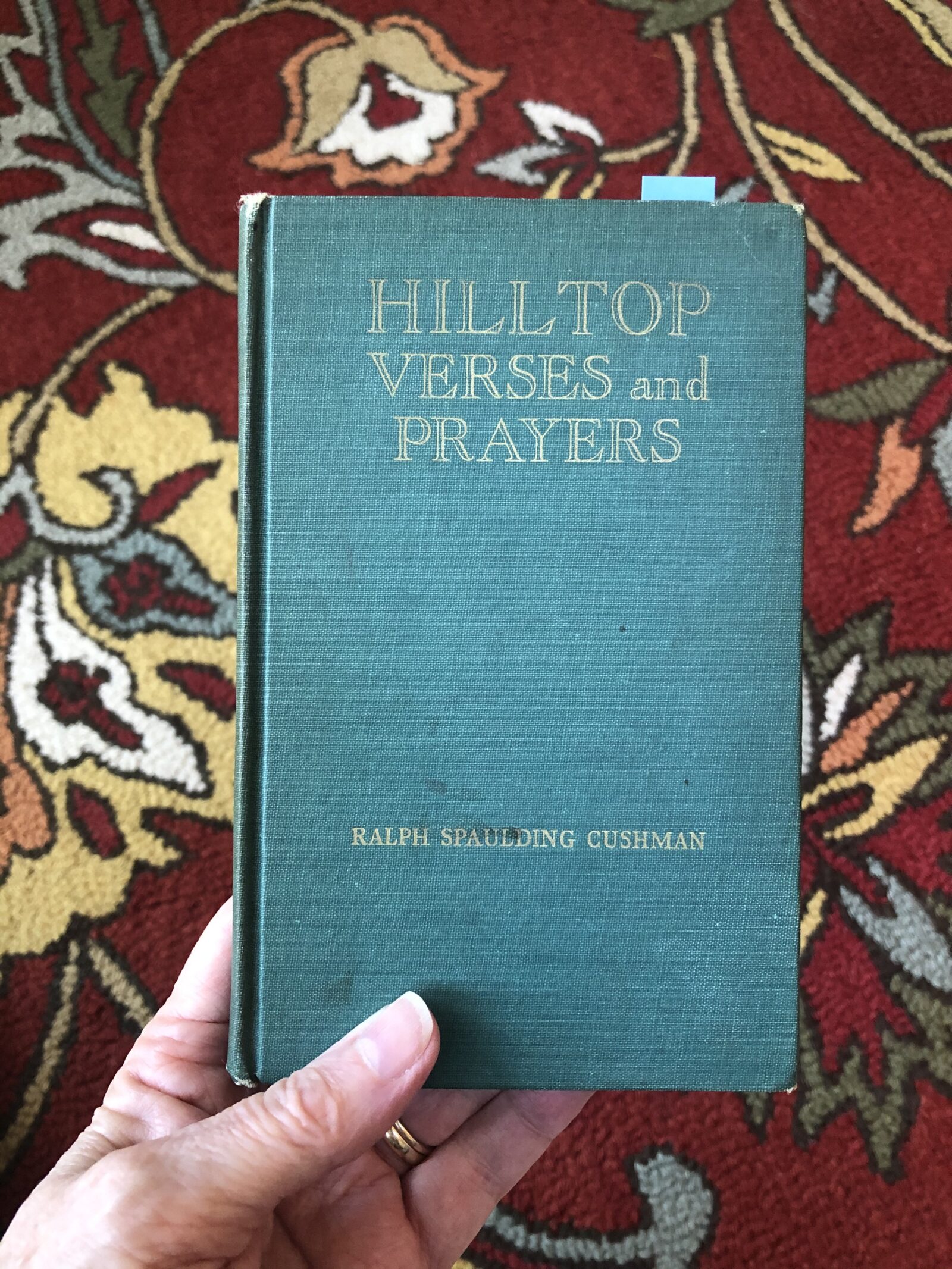Crystallized Thinking
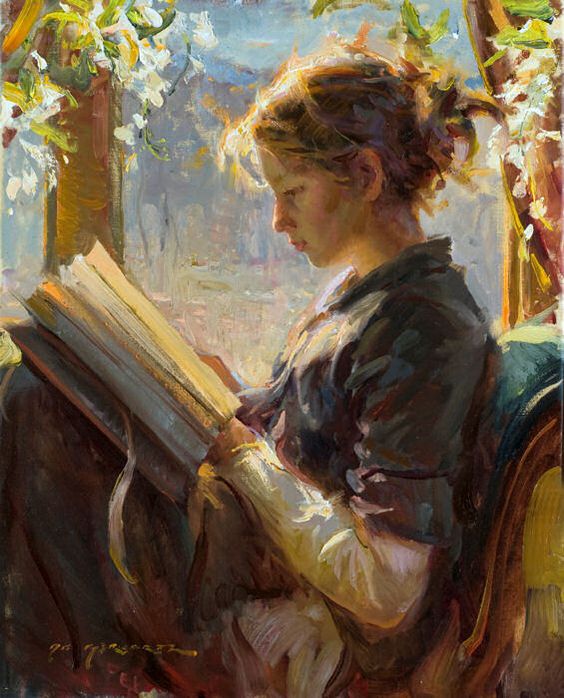
“Poetry, at its noblest, is crystallized thinking.”–Ralph Spaulding Cushman
Four years ago this past June, I wrote a post about a small book of poems I had come across. You can read it here: “God in the Morning.” The book is Hilltop Verses and Prayers. Two things were instantly intriguing about the book: (1) The author’s name is Ralph Spaulding Cushman, and (2) The poem “God in the Morning” was something I received from someone (can’t remember who) when I was a teenager, and here the source pops up fifty years later. The book was published in 1945. And I still haven’t discovered if we are related to Ralph Cushman or not, although I do feel a kindred spirit with him.
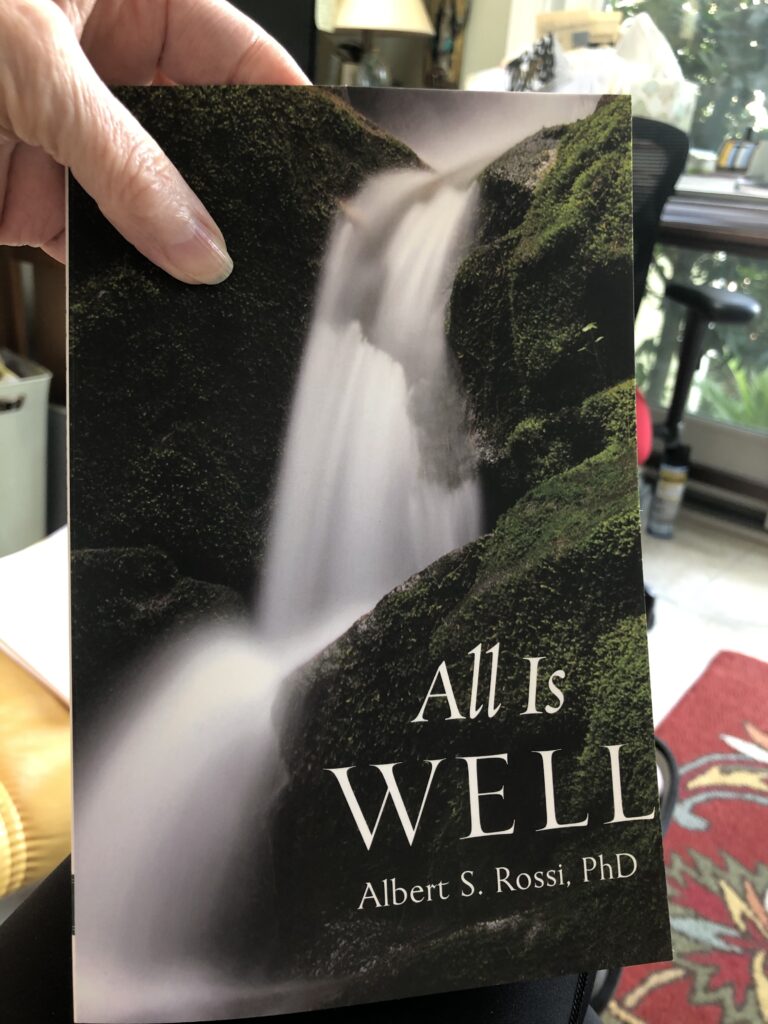
Yesterday I was looking for something on one of my many bookshelves, and the little book literally fell into my hands, opening to a poem called “All’s Well.” I had just gotten off a Zoom meeting with a dozen or so women from my church—St. John Orthodox in Memphis—which is led by our pastor Father Philip Rogers. (I did a post about this group and the book, All is Well, in September: “To the Heart That Loves, All is Well.”)
Today I looked at the book again, reading numerous poems, and finally the Introduction, titled “Concerning Religious Verse.” But wait—even if you’re not religious there are treasures here for those who love poetry, and prose! Here’s a sampling:
“Time spent each day in committing to memory great poetry or noble prose is one of the best investments that any person can make.”
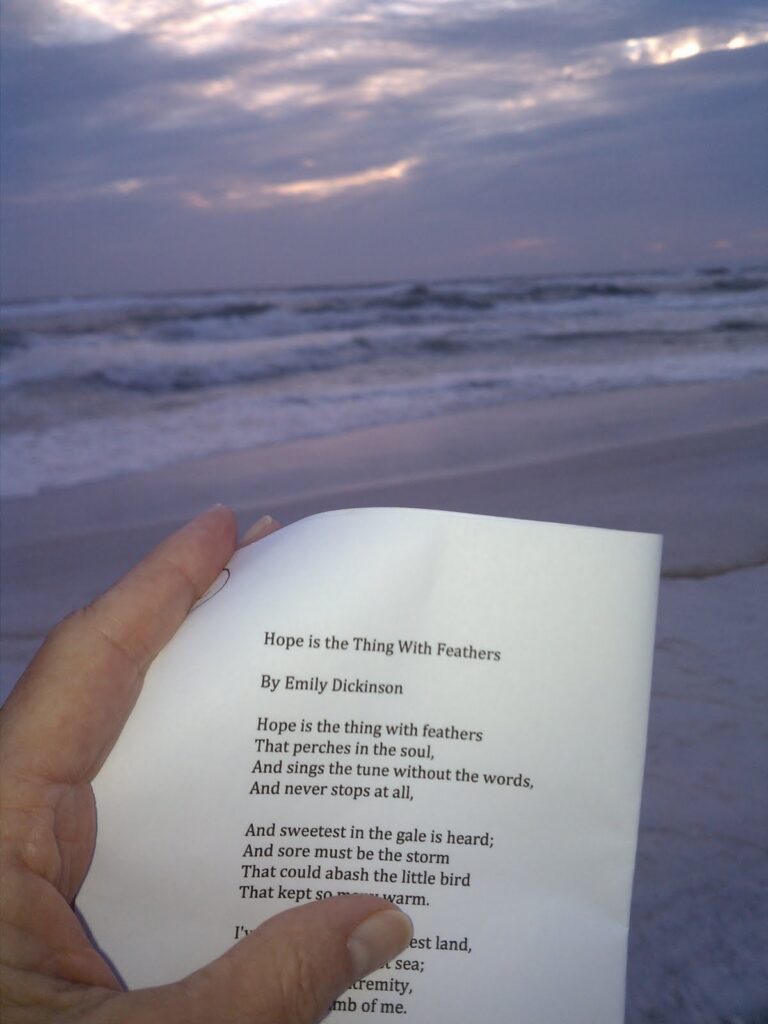
I tried this ten years ago this month when I was on one of my three month-long writing retreats at the beach. I found that reading a poem every day helped, but memorizing was too challenging for me. I made it through five days of memorizing a poem and writing a 750-word reflection on it. You can read about that here: “Dolphins, Poetry, and Beach Culture: Reflections on a Month of Writing at the Beach.”
“The use of poetry is also a great help to the improvement of our prose.”
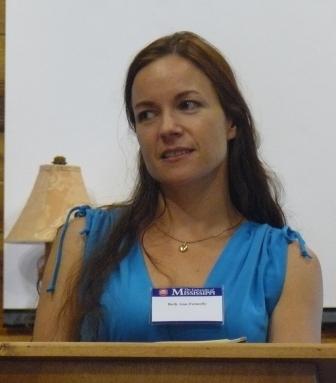
The first person who taught me this great truth was Beth Ann Fennelly, who has served as Poet Laureate of Mississippi for several years. She has often spoken at the annual Yoknapatawpha Summer Writers’ Workshop in Oxford, Mississippi (which I attended for seven years) and one of her craft talks, “Remembering, Desiring, Fearing,” really helped me with my prose. You can read more about it from my post in 2008, “Learning to See and Write Sunsets.” And later, when she and her husband Tom Franklin were co-writing their historic novel, The Twisted World, Tom told audiences at their readings that her gifts as a poet made her an excellent editor, not only for their joint project, but for all of his books. Here’s a Q & A I did with Tom and Beth Ann about their book in 2013.
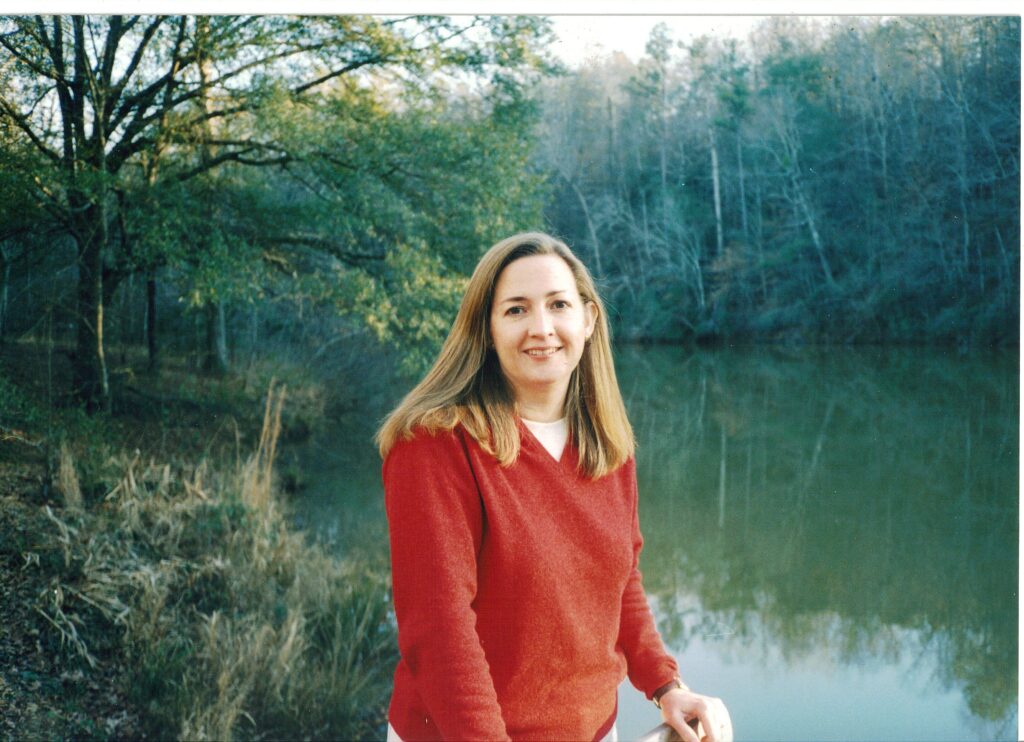
I will close with a few more short quotes from Hilltop Verses. I hope everyone is now inspired to go read—and maybe memorize—some poetry. Oh, and be sure and drop by Jennifer Horne’s Facebook page every Wednesday where she reads us a poem to feed our souls. Jennifer is Poet Laureate of Alabama.
The use of poetry will help one to cultivate the spiritual life.
Poetry is capable of catching and expressing the deeper emotions and conceptions of the human heart and mind.
